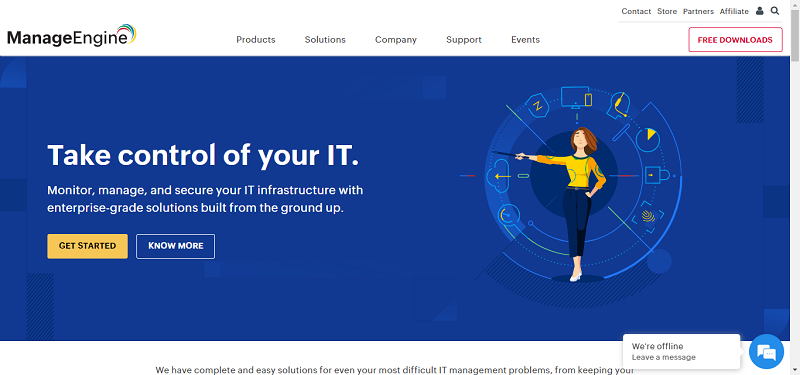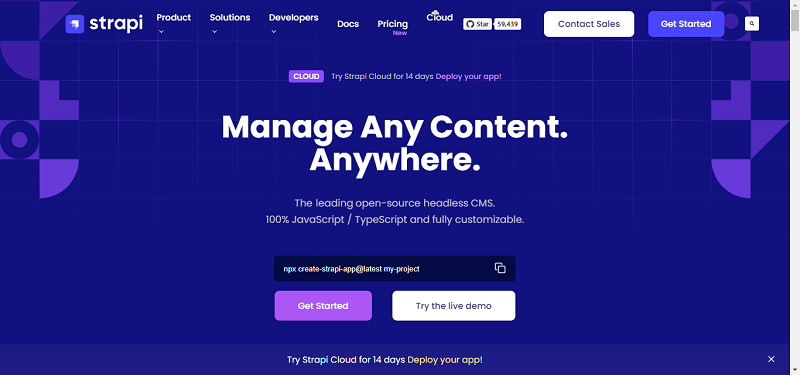We are under an illusion around cloud computing privacy. Without a doubt the benefits are incredible. However, cloud impacts personal user privacy and potentially exposes their private data in ways they may not have anticipated. Given that users don’t usually read the terms of service and privacy policies, it is unclear how many users are actually aware of the risks.
Cloud usage has soared both for business and personal use. And, while security and privacy concerns around cloud computing for enterprises have risen to the fore and are being addressed, we don’t see the same level of attention around cloud for personal usage. Cloud providers offer a broad array of services for personal use that span online storage, online desktop and web applications. People are flocking to these services for entertainment, new ways of communicating and sharing information and the convenience they offer and with tremendous upside. However, users may be under an illusion about the levels of privacy that they are afforded with cloud usage.
Sometimes users may not even realize that the services they are using are cloud-based especially those who are not technology savvy and where the service does not have a name that may imply that. And, many may not recognize that the underlying concept of cloud is that of multiple users sharing computing resources. When users post their data and files on centrally hosted servers they lose a degree of control over those files such as who might have access to it, how they gets replicated, or even after a user has terminated their service, whether their data is deleted. Additionally, centrally stored data can be easily shared with others, creating the risk of third parties accessing the data and of that data being used in ways that users had not planned.

Just as enterprises have recognized that data is not a one-size-fits-all category, users need to apply that same categorization for their personal data. There is no one single approach that will fit every user and users will need to consider the tiers or categories that their data falls under according to their own sensitivities. For Instance, songs and movie files may not need to same level of protection as banking information or backups of other personal files.
Users should ensure that the data which is most sensitive or private, should be hosted with a reputable provider that has mature privacy and security practices. This information can often be gleaned online under the support section. The good news is that an increasing number of providers are looking to differentiate themselves on their security and customer data handling practices. Also ensure that you are connecting securely, that your information is encrypted securely and that you don’t link or daisy chain accounts for your most private or critical data.
Many users assume that nobody else would be interested in their personal photographs or movie files and that it’s only the photos of celebrities that get hacked into. You’d be surprised. Data brokers or marketers who increasingly want to understand your interests and lifestyle could find these a treasure trove. The recent spate of personal photos ranging from women breastfeeding to wedding photos that sparked someone’s interest and that have gone viral on the Internet is evidence of how personal data can fast become a part of the public realm.
As of 2012, two-thirds of American users were using webmail, storing data online or using cloud applications. That number is sure to have risen significantly across the globe as the Internet becomes ubiquitous in developing countries. Rather than live under an illusion, it’s important we start to develop stronger standards around the protection and privacy of our personal data.
By Evelyn De Souza





